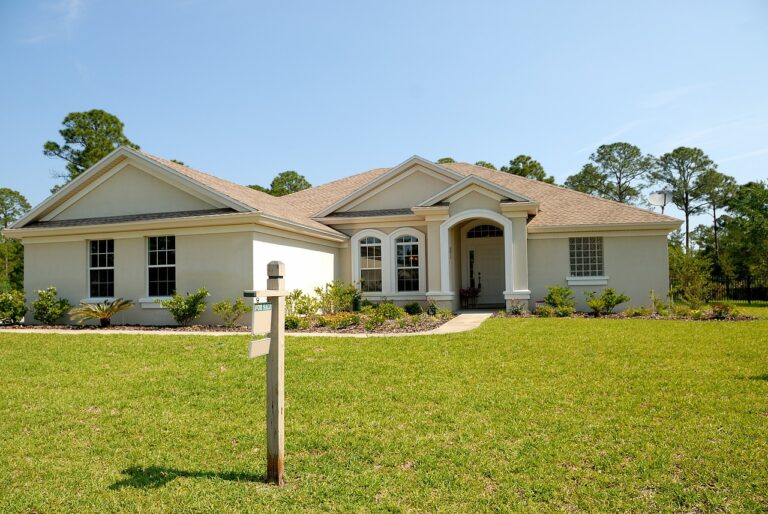Sustainable Solutions in Demolition Practices: Cricbet 99, Sky1exchange com, Reddy anna book
cricbet 99, sky1exchange com, reddy anna book: When it comes to demolition practices, sustainability is often overlooked. The act of tearing down buildings and structures can have a significant impact on the environment if not done properly. However, there are sustainable solutions that can be implemented to minimize the negative effects of demolition. In this article, we will discuss some of these solutions and how they can be beneficial for both the environment and society as a whole.
Demolition is a necessary part of urban development and infrastructure improvement. However, the traditional methods of demolition can be harmful to the environment. The use of heavy machinery, explosives, and chemicals can release harmful pollutants into the air, soil, and water. This can lead to respiratory problems, soil contamination, and water pollution. In addition, the waste generated from demolition activities can end up in landfills, further contributing to environmental degradation.
One sustainable solution in demolition practices is selective demolition. Rather than tearing down an entire structure, selective demolition involves carefully deconstructing a building to salvage materials for reuse. This can include everything from wood and metal to wiring and plumbing fixtures. By salvaging these materials, we can reduce the amount of waste that ends up in landfills and save energy and resources that would have been used in the production of new materials.
Another sustainable solution is deconstruction. Deconstruction is similar to selective demolition but goes one step further by carefully disassembling a structure to preserve as much of the building materials as possible. This can include salvaging doors, windows, flooring, and even entire structural components like beams and columns. These materials can then be repurposed for use in new construction projects or sold to salvage yards for reuse.
Recycling is another key sustainable solution in demolition practices. By recycling materials such as concrete, asphalt, and metal, we can reduce the demand for new raw materials and save energy in the production process. Concrete, for example, can be crushed and reused as aggregate for new concrete projects. This not only reduces the need for landfill space but also saves energy and resources that would have been used in mining and processing new materials.
Energy-efficient demolition techniques are also important for reducing the environmental impact of demolition practices. This can include using electric machinery, such as excavators and bulldozers, instead of diesel-powered equipment. Electric machinery produces fewer emissions and is quieter, making it a more sustainable option for demolition projects. In addition, using energy-efficient lighting and heating systems on demolition sites can help reduce energy consumption and lower carbon emissions.
Green demolition certifications, such as LEED (Leadership in Energy and Environmental Design) for Demolition and Deconstruction, can also be beneficial for sustainable demolition practices. These certifications recognize buildings that have been demolished using sustainable methods and reward developers and contractors for their environmental efforts. By obtaining these certifications, companies can showcase their commitment to sustainability and attract clients who are looking for environmentally responsible demolition services.
In conclusion, sustainable solutions in demolition practices are essential for minimizing the environmental impact of construction projects. By implementing selective demolition, deconstruction, recycling, energy-efficient techniques, and green certifications, we can reduce waste, conserve resources, and protect the environment for future generations. It is up to developers, contractors, and policymakers to prioritize sustainability in demolition practices and strive for a more sustainable future.
—
FAQs:
Q: What are the benefits of sustainable demolition practices?
A: Sustainable demolition practices can help reduce waste, conserve resources, minimize pollution, and lower carbon emissions. By salvaging materials for reuse, recycling materials, and using energy-efficient techniques, we can protect the environment and promote a more sustainable construction industry.
Q: How can I find a contractor that specializes in sustainable demolition practices?
A: You can search for contractors who specialize in sustainable demolition practices online or through industry directories. Look for companies that have experience with selective demolition, deconstruction, recycling, and green certifications. Be sure to ask for references and inquire about their sustainability initiatives before hiring a contractor for your demolition project.







